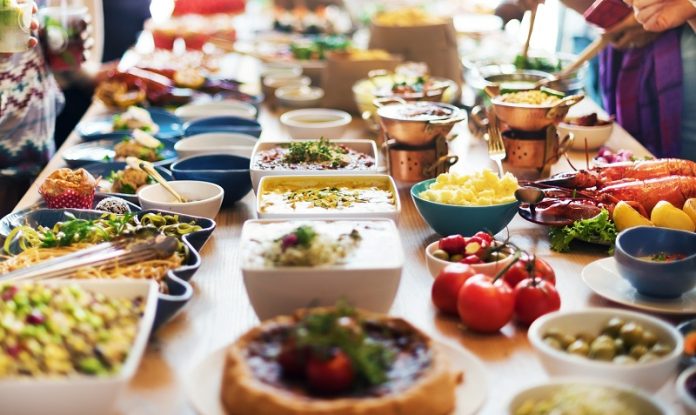
High blood pressure, or hypertension, is a common condition that can quietly damage your heart, blood vessels, and other organs if left untreated.
It’s one of the major risk factors for heart disease, stroke, and kidney problems.
Thankfully, making smart changes to your diet can have a big impact on lowering blood pressure and improving your overall health.
Here are ten foods, backed by research, that are especially helpful for managing high blood pressure.
Leafy greens like spinach, kale, and Swiss chard are excellent sources of potassium. Potassium helps your body get rid of extra sodium through urine, which helps lower blood pressure. Including more leafy greens in your meals—like salads, soups, or smoothies—can support your heart in a natural and tasty way.
Berries, especially blueberries, strawberries, and raspberries, contain powerful plant compounds called flavonoids. These natural substances may help relax blood vessels and improve blood flow. Studies show that people who eat more berries often have lower blood pressure over time.
Beets are rich in nitric oxide, which helps widen blood vessels and improve circulation. Drinking beet juice has been shown to reduce blood pressure within hours in some cases. You can roast beets, toss them in salads, or blend them into smoothies or juice.
Oats are a great source of beta-glucan, a type of fiber that supports healthy cholesterol levels and blood pressure. Eating a bowl of oatmeal in the morning is a great way to start your day and protect your heart.
Bananas are another potassium-rich food that can help balance the effects of sodium in the body. They’re easy to eat on the go, mix into yogurt or cereal, or add to smoothies, making them a simple and effective way to support blood pressure control.
Fatty fish like salmon, mackerel, and trout are loaded with omega-3 fatty acids. These healthy fats have been linked to lower blood pressure, reduced inflammation, and lower triglyceride levels. Eating fatty fish at least twice a week can benefit your heart and blood vessels.
Garlic has long been used for its health benefits. It contains compounds that help relax blood vessels and improve blood flow. Whether eaten raw, roasted, or as part of your favorite dish, garlic can boost flavor and heart health. Some studies have found that garlic supplements also help lower blood pressure.
Yogurt, particularly low-fat or fat-free options, is high in calcium—an important nutrient for maintaining healthy blood pressure. Regular yogurt consumption has been linked to lower blood pressure, especially in women. Yogurt also contains probiotics, which support digestive and overall health.
Pomegranates are loaded with antioxidants, which help protect your blood vessels and lower blood pressure. Drinking pomegranate juice regularly has been shown to reduce systolic blood pressure (the top number in your reading). You can enjoy pomegranate juice or sprinkle the seeds over salads or yogurt.
Dark chocolate contains flavonoids that can help relax blood vessels and improve circulation. Studies suggest that eating a small amount of dark chocolate each day—preferably with at least 70% cocoa—may help reduce blood pressure in people with hypertension.
Including these foods in your daily meals is a natural and effective way to support healthy blood pressure. But diet is just one part of the picture. To keep your blood pressure in check, also aim to stay active, keep your weight in a healthy range, limit salt and alcohol, and manage stress.
By making small, consistent changes to your eating habits and lifestyle, you can take control of your blood pressure and lower your risk of serious health problems. Every healthy bite counts.
If you care about high blood pressure, please read studies that early time-restricted eating could help improve blood pressure, and coconut sugar could help reduce blood pressure and artery stiffness.
For more information about blood pressure, please see recent studies about added sugar in your diet linked to higher blood pressure, and results showing plant-based foods could benefit people with high blood pressure.
Copyright © 2025 Knowridge Science Report. All rights reserved.



